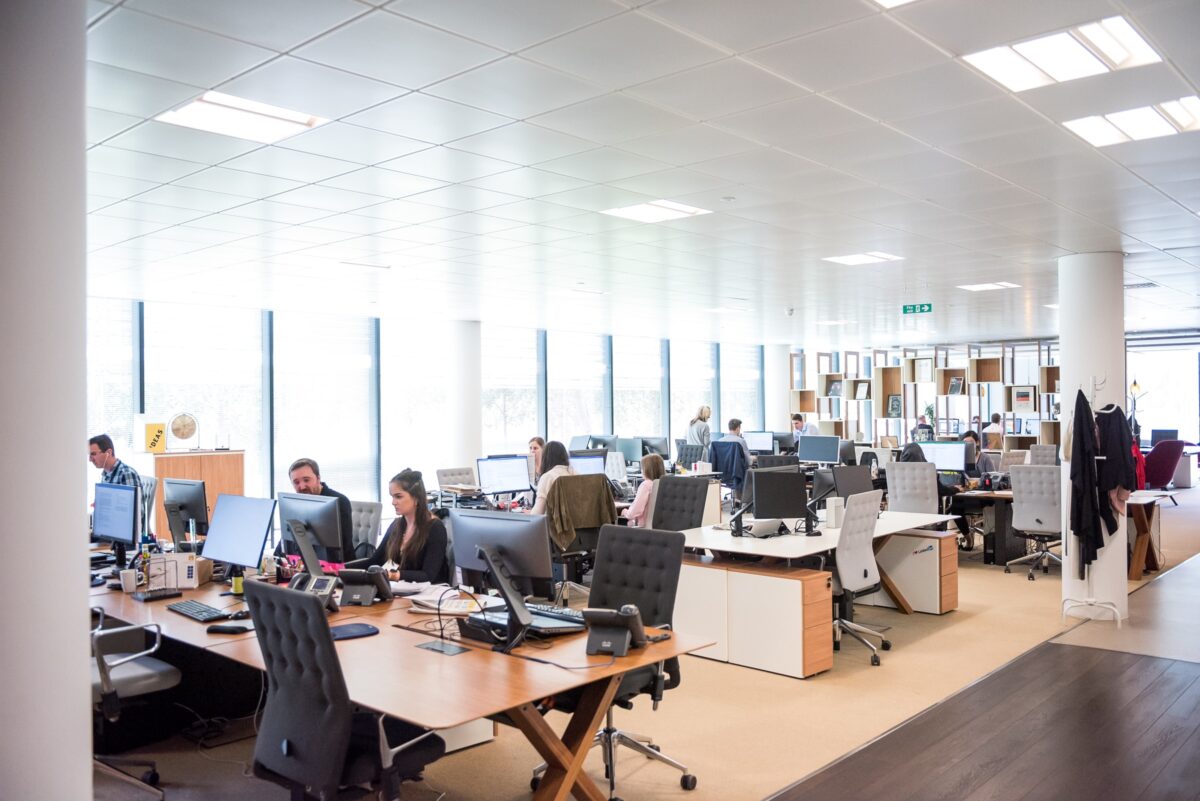Miami is fun and New York is exciting, but Northern California has deep structural advantages.
As traveling has become safer over the last few months, I have been checking in on the geographic future of American technology. In each place I visited — Miami, New York and San Francisco — I saw some considerable surprises.
In Miami and Miami Beach I had a wonderful time. But I don’t see the area as a new and budding tech center. Many tech entrepreneurs moved there during earlier phases of the pandemic, but many have since left. Perhaps the region is more of a place to spend tech money than to earn tech money.
The positives for southern Florida are clear: It is a major crossroads with significant connections to Latin America and the Caribbean, it is a fun place to live, Miami Mayor Francis X. Suarez is pro-tech, and there is no state income tax.
Yet that is not enough. Miami does not have a top-tier university, and the city does not have much of what I would call “nerd culture.” The city’s first language is arguably Spanish, but the tech world is mostly English, and its current ties to Asia are more important than possible future connections to Latin America.
Renowned venture capitalist Keith Rabois is in Miami and is a staunch advocate for the city. It would not be surprising if Miami developed a few significant tech companies due to his influence. Miami could also become more of a center for crypto wealth. If you’ve earned a billion dollars through Bitcoin, and live part of the year in Puerto Rico to avoid capital gains taxes, is there anywhere better to hang out and spend your wealth than Miami?
All that said, I do not see Miami as a serious contender to be a major tech center.
In New York City, Manhattan is developing a new hub on the Lower West Side, starting with Hudson Yards, and ranging through Chelsea and down to Tribeca. Google’s New York office is in the middle of this area, there is plenty of new construction, and the waterfront is being reconfigured in new and creative ways. Rents remain sky-high, but you are getting the best of New York City as recompense. With overseas tourism slow to recover, Midtown will remain emptier than usual, and the city’s center of energy will shift to the south.
In the contest to become America’s No. 2 tech center, lower west Manhattan has the lead, if only because second place is going to end up on the East Coast. The city as a whole is still in for some hard times: Lower revenue could lead to lower-quality public services, such as trash collection, and the city’s subway issues will not be fixed anytime soon. Still, New York will end up as a more populous, younger and more creative city, and that will in turn attract tech entrepreneurs.
San Francisco was, for me, the biggest surprise. I had read and heard many accounts of a derelict city, full of broken car windows, hostile homeless people and iPhone snatchings. That was not my experience. Many of the streets and blocks, for instance in North Beach, felt vibrant and reminded me of a San Francisco that I had not seen in decades. The numbers bear this out: As of early May, the city had an excellent vaccination record and businesses were reopening at a rapid clip.
Silicon Valley more broadly is essentially suburban, and suburban America is for the most part bouncing back from the pandemic. The largest tech companies and venture capital firms are likely to continue to have their headquarters in the Bay Area.
The real change is that working from home will continue to be common, thinning out the Bay Area’s tech dominance and spreading many of those jobs to other parts of America. Ultimately that will be good for the country, and it also will produce a more sustainable and broad-based tech revolution. The Bay Area will take some short-run revenue hits, but the spread of the tech revolution will over time benefit the mothership in Northern California.
What about Austin, Texas? I haven’t been there this year, but I expect the city to continue to grow as a tech center and otherwise, due largely to the livability and affordability of Texas. I also remain bullish on the future of Los Angeles as the tech and entertainment worlds continue to merge and the city’s global connections pay off. Tech wages are often high, and it is hard to beat large, interesting cities in major states.
The bottom line is this: Technology and software will continue to swallow the U.S. economy, and most of the biggest gains will continue to go to regions that are already tech winners.




